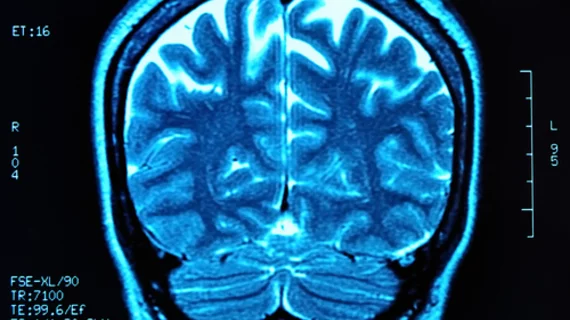Screening tool detects early cognitive decline from home
Researchers from Switzerland and the United Kingdom have developed an in-home screening tool capable of testing early cognitive decline in dementia.
Currently, screening for mild cognitive impairment (MCI) is a costly and time consuming. In this study, researchers outlined the development of a low-cost, simple screening that could be administered in an individual’s home.
"The current tools used for assessing abnormal ageing are by no means unanimously supported or even sufficient on their own,” said Alison Eardley, a psychologist at the University of Westminster in the U.K. “Not a single existing assessment instrument currently provides an unequivocal diagnosis. The choice of the primary diagnostic tool itself continues to be a topic of a heated debate."
The study enrolled 123 participants—51 healthy young adults, 49 healthy older adults and 23 with MCI. Participants were asked to push a button when they saw a flash of light or heard a sound on a screen while at home. Researchers then analyzed participants performance in whether they were faster at detecting sound or light and the extent they benefited from detecting an auditory-visual event versus with flashes or sounds. Using these two measures, researchers could accurately tell with a person had been diagnosed with MCI.
"We are particularly excited about this work because it shows how very simple tests can help clinical practice by reaching a wider population, at a lower cost,” said Professor Murray, Professor of Radiology and Clinical Neurosciences at the University Hospital Centre and University of Lausanne. “We are happy that our findings clarify the link between our vision and hearing and their role in supporting memory (dys-)function; it becomes increasingly clear that how preserved our cognitive skills are as we age depends on how intact our senses are. This importantly extends our similar existing findings in school-age children."

